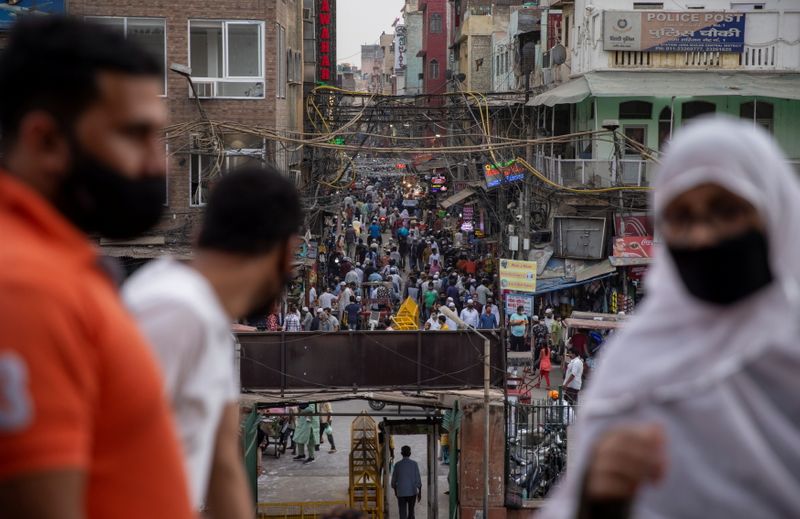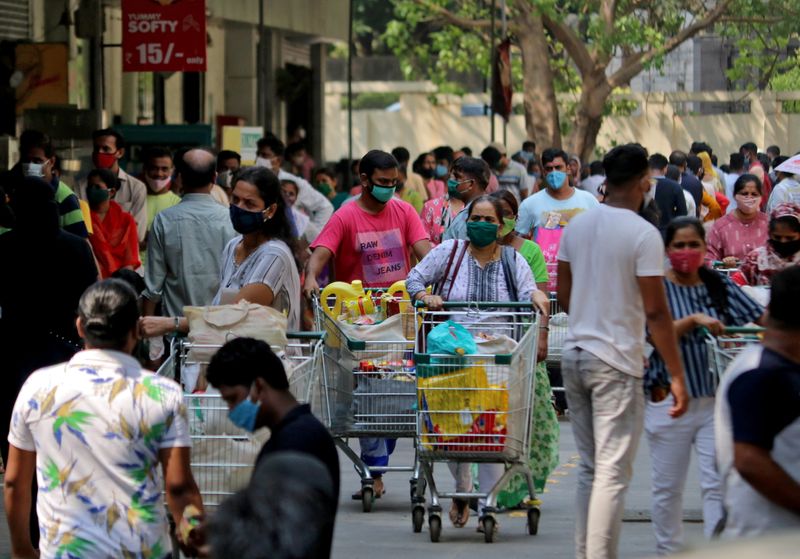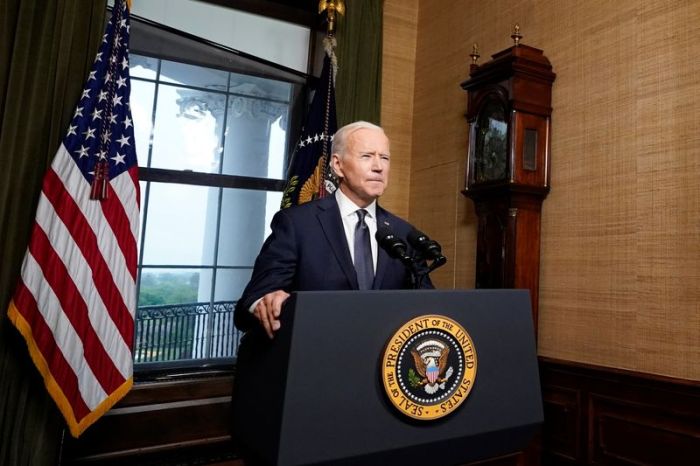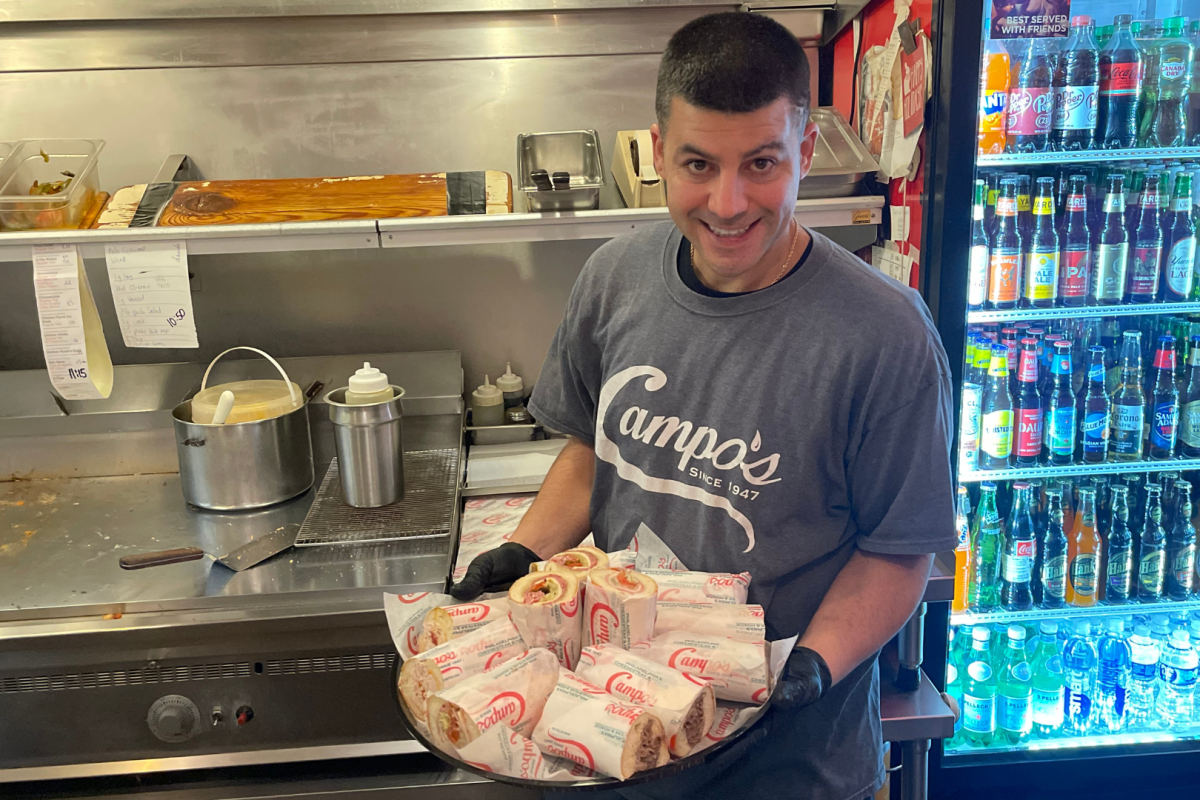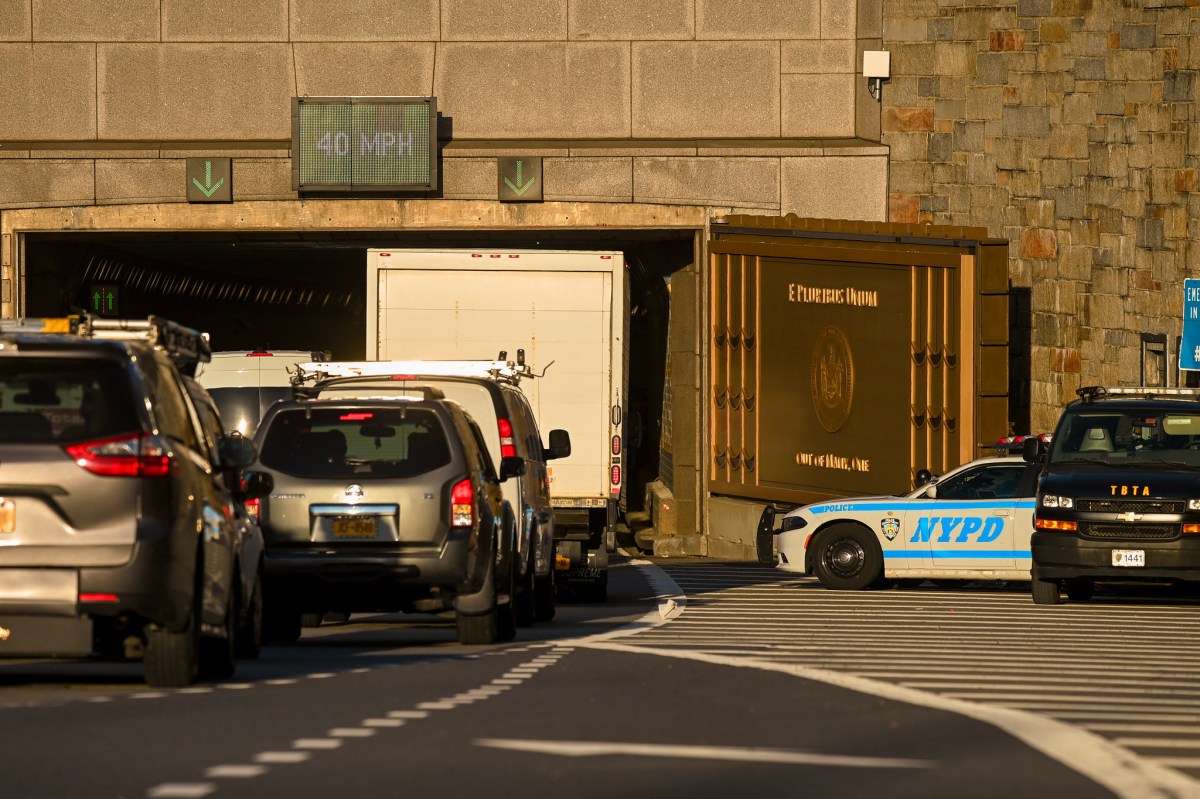NEW DELHI (Reuters) – Many Indian hospitals were scrambling for beds and oxygen as COVID-19 infections surged to a new daily record on Thursday, with a second wave of infections centred on the rich western state of Maharashtra.
India’s tally of total infections is second only to the United States, with experts blaming everything from official complacency to aggressive variants. The government has blamed failure to practise physical distancing.
The country has been producing oxygen at full capacity for each of the last two days but will have to turn to imports, with the health ministry saying it was planning to import 50,000 metric tons.
“The situation is horrible,” said Avinash Gawande, an official at a government hospital in the industrial city of Nagpur that was battling a flood of patients, as were hospitals in neighbouring Gujarat state and New Delhi in the north.
“We are a 900-bed hospital, but there are about 60 patients waiting and we don’t have space for them.”
Maharashtra, home to the financial capital of Mumbai, began a lockdown at midnight on Wednesday, a move that spurred a rush to stockpile essential items in advance. The state, the country’s most industrial, has been the worst affected by the pandemic.
At Lok Nayak Jai Prakash Narayan (LNJP) Hospital in New Delhi, the country’s largest facility treating COVID-19 patients, two or three patients were seen sharing single beds in some wards, a Reuters witness said.
COVID-positive patients – from a one-and-a-half-year-old toddler to many elderly – and their relatives kept streaming in to the emergency ward at LNJP, arriving by ambulance, car or auto-rickshaw throughout the day.
“Last year also we have not seen such a bad situation. This time the number is very high and increasing very rapidly, going (at a) very fast speed, so the situation is really alarming,” said LNJP Medical Director Suresh Kumar.
“We are definitely overburdened… Today we have 158 admissions in Lok Nayak alone. All sick patients, all severe patients,” Kumar added.
India has added 200,739 infections over the last 24 hours, health ministry data showed, for a seventh daily record surge in the last eight days, while 1,038 deaths took its toll to 173,123.
Despite injecting the third highest number of vaccines doses worldwide, India has covered only a small part of its 1.4 billion people.
India said on Thursday regulators would decide on emergency-use applications for foreign COVID-19 vaccines within three working days. India’s ambassador to Moscow said deliveries of Russia’s Sputnik V coronavirus vaccine to India were expected to begin before the end of April, the TASS news agency reported.
CURBS ORDERED IN NEW DELHI
In New Delhi, authorities ordered a weekend curfew, placing curbs on shopping malls, gyms, restaurants and some weekly markets.
Outside a major city mortuary, weeping relatives gathered in the hot sun, waiting for the bodies of loved ones to be released.
Forty-year-old Prashant Mehra said he had to pay a broker for preferential treatment before he could get his 90-year-old grandfather admitted to an overstretched government hospital.
“He died after six or seven hours,” he said.
Supplies of oxygen ran short in places such as Gujarat, the home state of Prime Minister Narendra Modi.
“If such conditions persist, the death toll will rise,” the head of a medical body in the industrial city of Ahmedabad told its chief minister in a letter.
Billionaire Mukesh Ambani’s Reliance Industries will supply 100 metric tonnes of additional oxygen to Maharashtra, a state minister said.
In the northern city of Haridwar, hundreds of thousands of pilgrims thronged to a Hindu religious festival on the banks of the river Ganges on Wednesday, stoking fears of a new surge.

